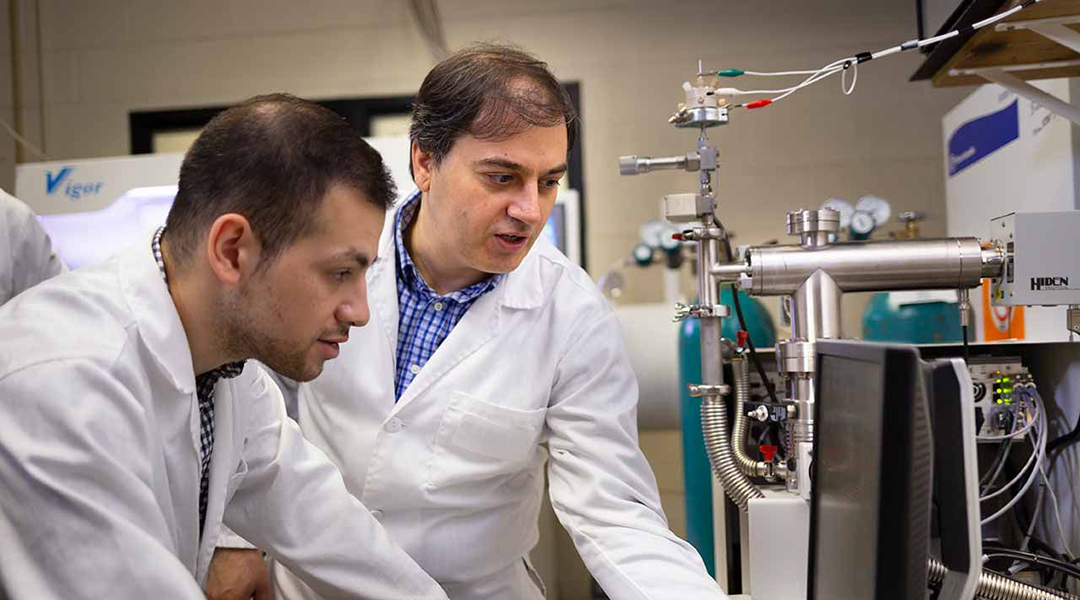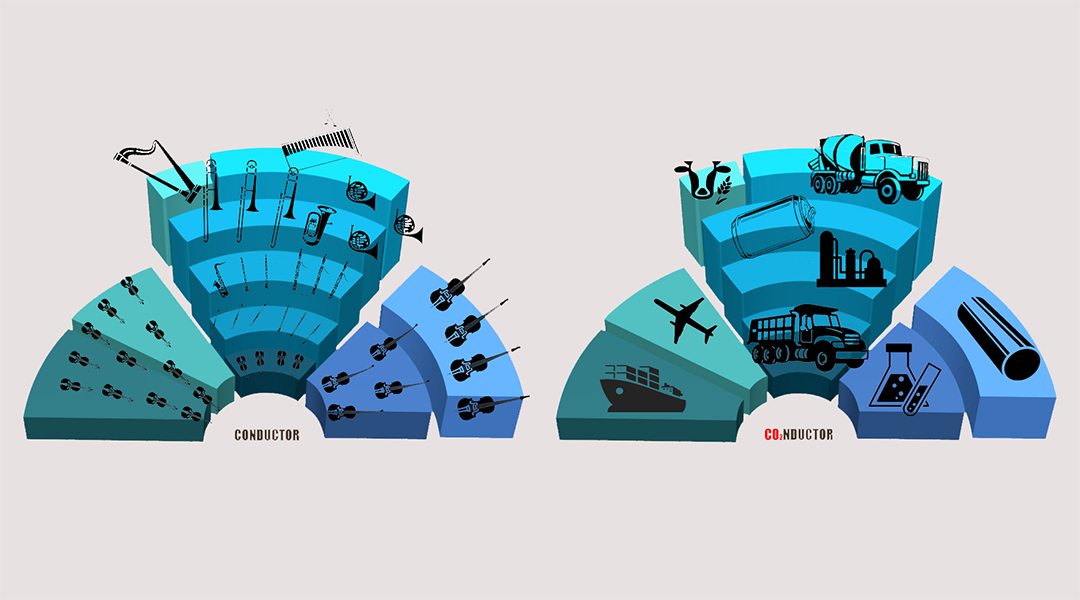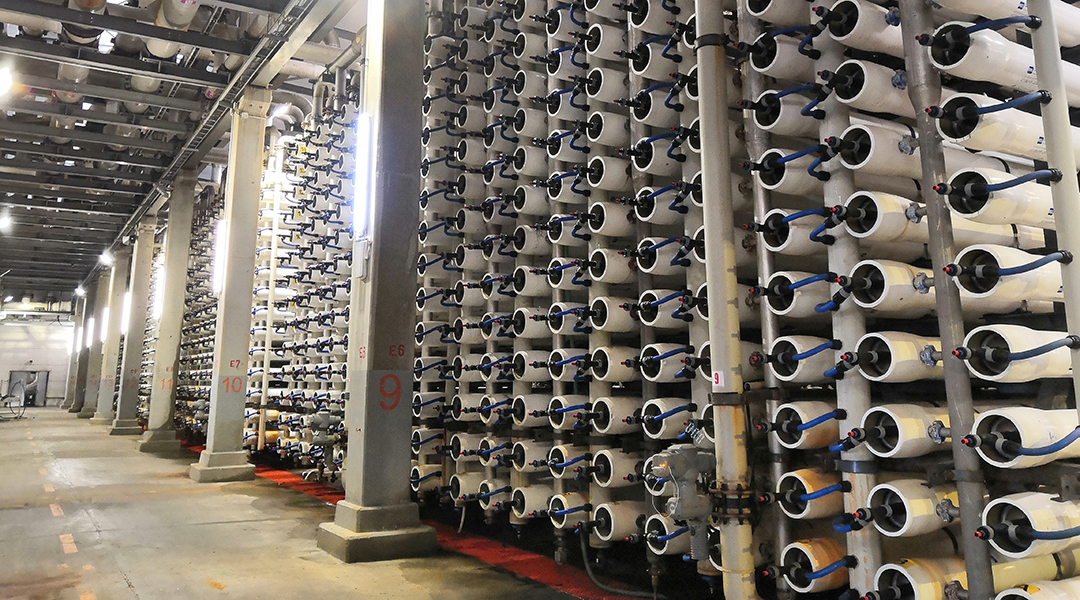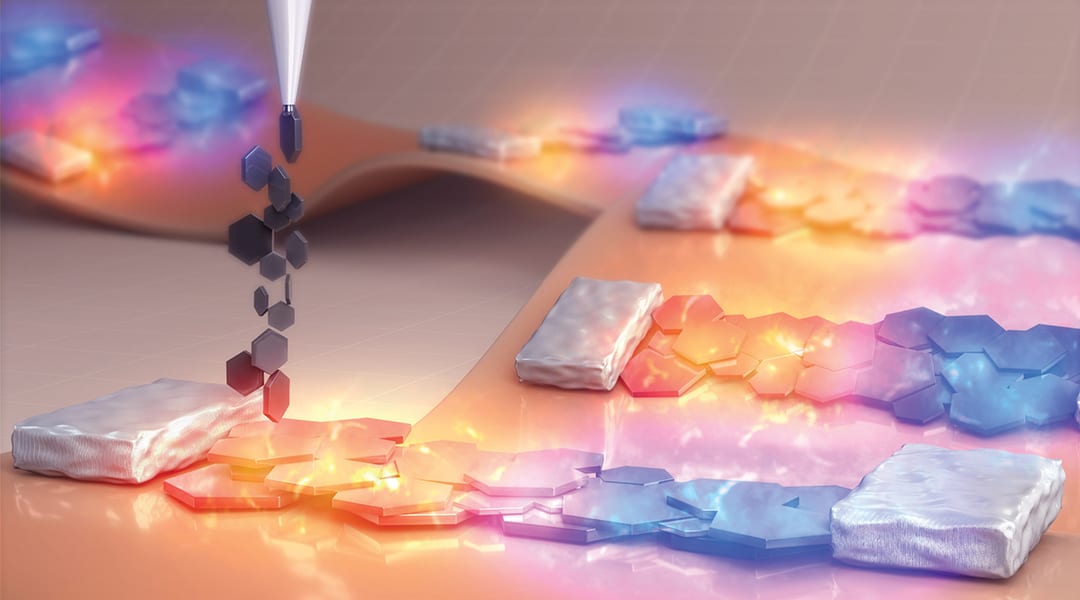While some would contend that materials discovery will breathe life into a hydrogen economy, it cannot realize its full potential unless production becomes less costly and more efficient.


While some would contend that materials discovery will breathe life into a hydrogen economy, it cannot realize its full potential unless production becomes less costly and more efficient.

Scientists have developed a polymer-coated glass that can change from transparent to opaque when exposed to sunlight and heat.

The Anthropocene has been defined by its carbon emissions, but modern technological advancements may hold the key to breaking this habit.

New design in lithium-air battery aims to get more electric vehicles on the road.

A new approach to the synthesis of sustainable ammonia and urea uses food waste and brown water as feedstocks.

Increasing the mass of an electrode reduces power density due to the longer distance that ions and electrons must travel. Electrode designs need a rethink.

It is my hope that with the collaborative efforts of a unified world, the dark tones of the fossil fuel reliance and heavy pollution will fade to become a distant echo of our past.

Small changes in societies’ behaviors could lead to positive cascading effects that will mitigate climate change.

Scientists question whether technologies such as desalination will create solutions to climate change or just shift the problem.

A simple approach to create high performance thermoelectric materials, which would allow one to turn their body heat into electricity.